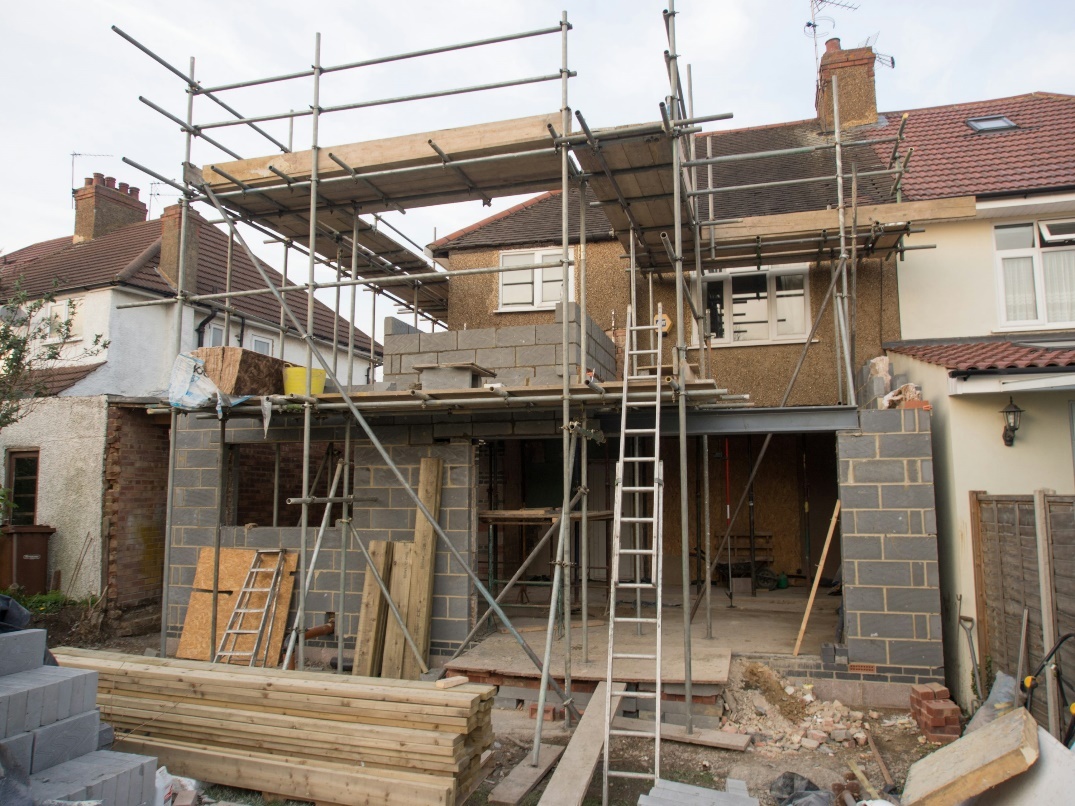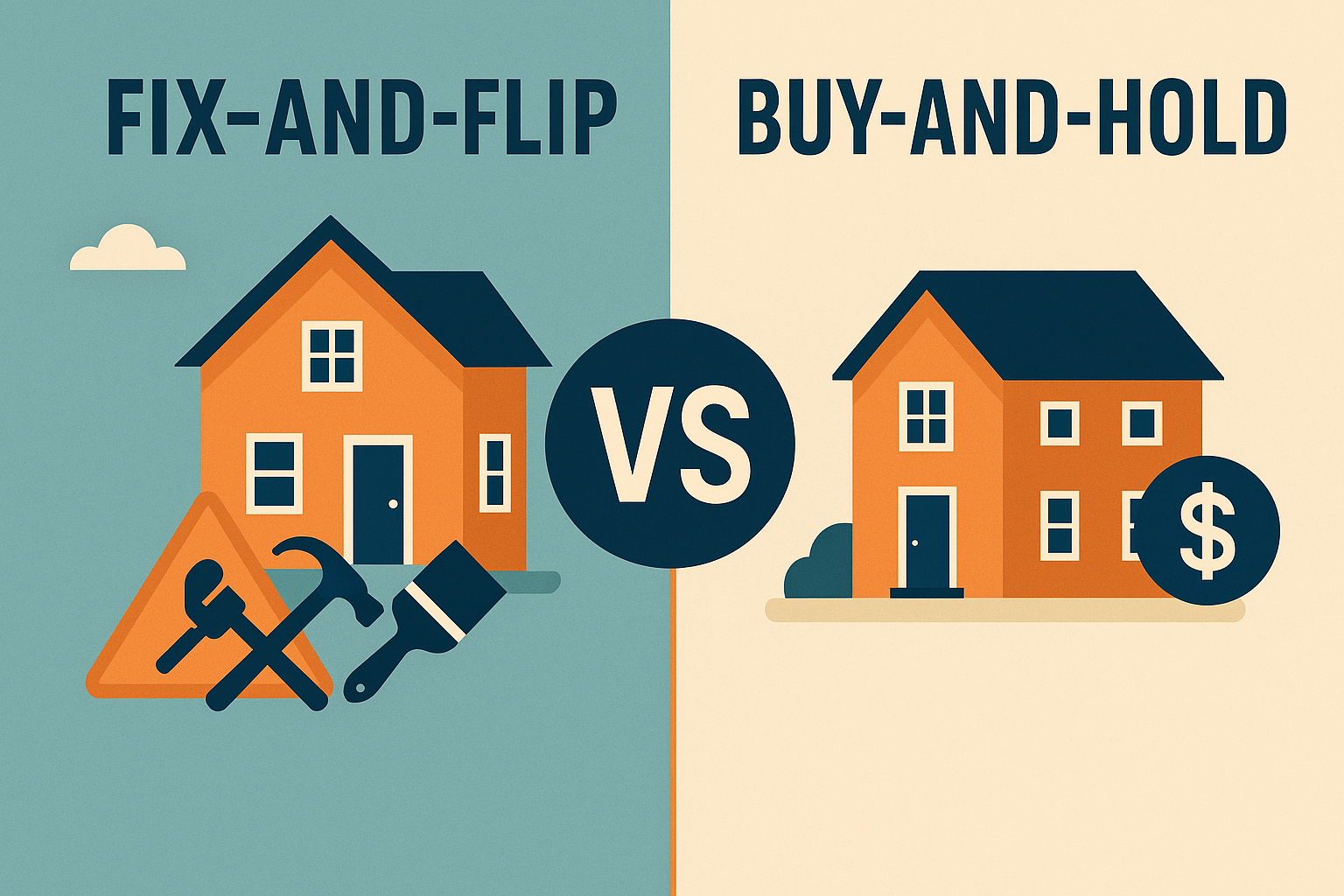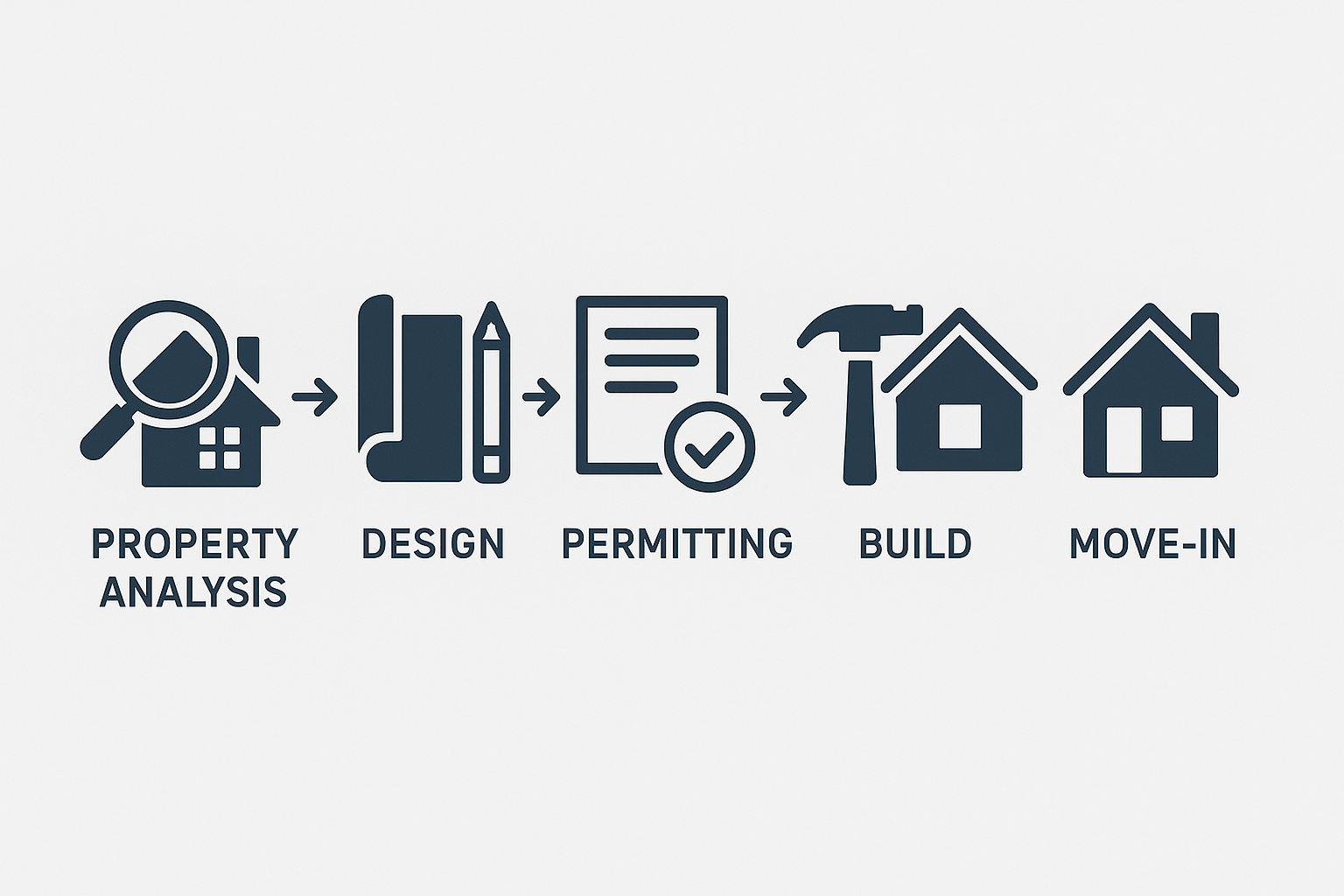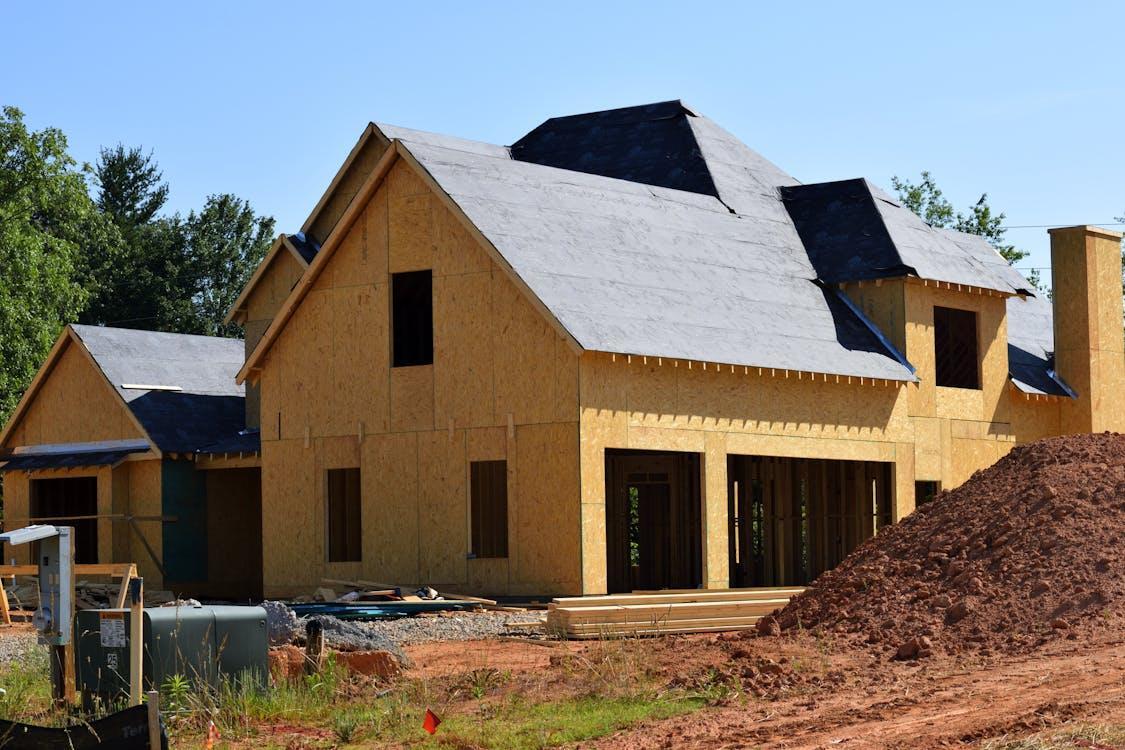In 2024, Delaware saw a 12.4% rise in property transactions involving alternative financing sources—especially hard money loans. For real estate investors in a competitive and time-sensitive market, this shift is no accident. Traditional bank loans often move too slowly. Documentation requirements are too steep. And by the time a bank greenlights a deal, the property is gone.
This is where the trend of hard money loans is gaining ground. Investors are finding that working with a hard money lender isn’t just a backup plan—it’s a smarter one. In markets like Wilmington, Dover, and Newark, speed and flexibility have become non-negotiable.
If you're trying to build a real estate portfolio or fund your next flip in Delaware, understanding why more people are switching to hard money loans could be the difference between closing or losing your next deal.
What Are Hard Money Loans?
Hard money loans are short-term real estate loans issued by private lenders. Unlike banks, a hard money lender bases the loan on the value of the property—either current or projected—rather than the borrower's credit history or tax returns.
Key features of hard money loans:
- Funded by private individuals or firms
- Short repayment terms, typically 6–18 months
- Higher interest rates than conventional loans
- Property-backed approval, not income-based
- Ideal for fix-and-flip projects, rental conversions, and bridge deals
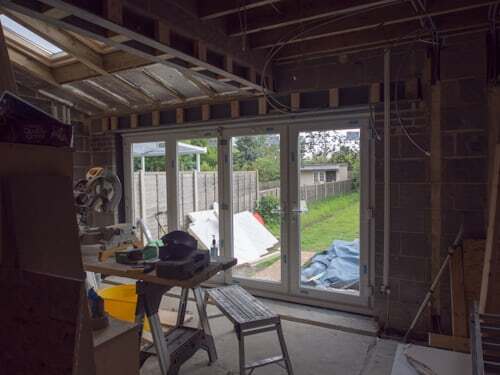
In Delaware, these loans are widely used by seasoned investors and first-time property flippers alike.
Why Real Estate Investors in Delaware Are Choosing Hard Money Loans
1. Speed Is King
Delaware’s real estate market has become highly competitive. As of Q1 2025, the average home in New Castle, DE, stays on the market for just 40 days. Traditional financing can take 30–60 days to close. Hard money loans often close in 7–14 days. That timing can be the edge that wins a bidding war.

2. Less Red Tape
Banks require years of tax returns, pay stubs, credit history, and debt-to-income evaluations. A hard money lender? They care about the deal. If the property’s value supports the loan and you have sufficient equity (usually 20%–30% down), you’re more likely to get approved—even without perfect credit.
3. Flexibility in Loan Structure
Many real estate lenders who offer hard money are open to customizing terms. For example, some may allow interest-only payments until the property is sold. Others offer construction draws to fund renovations. This adaptability helps investors stay liquid during project development.
4. Bridge Financing Between Buys
Many Delaware investors use hard money loans as bridge loans to secure new purchases while waiting to sell another property or close on long-term financing. This tactic keeps the momentum going without being slowed down by bank underwriting delays.
5. Project-Based Risk Assessment
Rather than underwriting based on the borrower’s full financial profile, the real estate lender focuses on the project. If you're flipping a distressed property in Bear, DE, and you’ve got the renovation budget, ARV, and comps in hand, that’s what matters most.
When Hard Money Loans Make the Most Sense in Delaware
Hard money financing isn’t for every situation. However, in specific cases, it gives Delaware investors a major advantage:
Fix-and-Flip Deals
Short timelines and renovation work are perfect matches for hard money funding.
Short-Term Rental Conversions
Need quick cash to convert a home into an Airbnb near Rehoboth Beach? These loans can fund that transition.
Auction Purchases
Properties sold at foreclosure or auction usually require cash or quick closes. A hard money lender can fund these in days.
New Construction Projects
Some real estate lenders in Delaware issue hard money loans to fund ground-up developments, especially for small-scale builders lacking banking relationships.

The Risks—and How to Avoid Them
Even as the trend of hard money loans grows, there are risks:
- Higher interest rates (8%–13%)
- Short repayment periods
- Penalties for late payment or default
How to reduce your risk:
- Don’t overestimate your ARV (after-repair value)
- Have a realistic exit plan—sell, refinance, or rent
- Work with a hard money lenderwith clear terms and no hidden fees
- Factor in all costs: points, fees, taxes, and insurance
What to Ask Before Choosing a Hard Money Lender
Before signing anything, ask these critical questions:
- What’s the maximum loan-to-value (LTV)?
- Are renovation costs included in the loan?
- How quickly can you fund the loan?
- Do you charge prepayment penalties?
- What is the total cost of the loan (including points and fees)?
- Is this loan interest-only or fully amortized?
These questions help you compare offers and avoid surprises during the project.
Get Easy Hard Money Loans in Delaware
Ready to move fast on your next property investment? InstaLend offers quick, flexible hard money loans designed for Delaware real estate investors. Get approved in a few days and secure funding without the hassle of traditional banks.
Whether you're flipping a home or building new, InstaLend is the real estate lender that helps you close with confidence. Apply now and let your next project take off.





